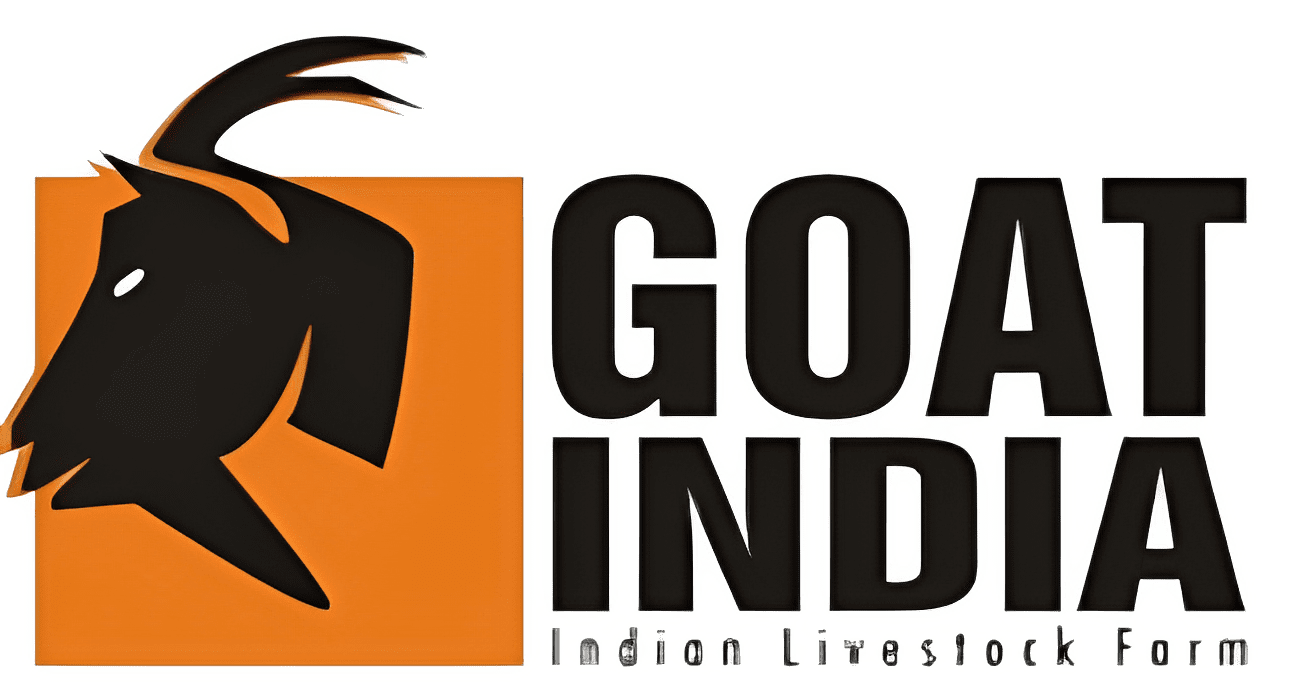Mehsana Goat
Complete farming guide for Gujarat’s premier dairy goat breed. Expert insights on breeding, feeding, housing, and milk production management for optimal performance in Indian conditions.
Mehsana Goat Key Statistics
Essential performance metrics for India’s high-yielding dairy breed
Complete Mehsana Goat Knowledge Hub
Comprehensive farming guide for high-yield dairy goat production
Native to Gujarat state with primary populations in Mehsana, Gandhi Nagar, Ahmedabad, and Banaskantha districts. Herds typically range from 20 to 300 goats in their native habitat.
Multi-purpose breed valued for milk, meat, and wool production. Farmers milk females twice daily for optimal production. Some farmers specialize in wool production from this breed.
Excellent adaptability to small-scale farming and open pasture systems. Most flocks maintain stationary grazing patterns, though some migrate to surrounding areas seasonally.
High-quality milk production makes them valuable for dairy operations. Multi-purpose nature provides diverse income streams through milk, meat, and wool sales.
Medium to large-sized goats with rounded profile. Sturdy and active constitution suitable for various farming systems. Well-proportioned build supporting good milk production capacity.
Primarily black coat with distinctive white markings around the ears. Long and scruffy hair texture providing good adaptation to local climate conditions.
Distinctive straight snout profile – a key identifying characteristic. Medium-sized white ears that droop leaf-like. Both sexes commonly possess beards and horns.
Both males and females have arching horns curved inward at the rear. Horns are twisted once or twice, curving upward and backward, ending in sharp points.
Require access to minerals, healthy meals, and clean water. Careful feeding essential for optimal growth and development. Avoid overfeeding as obesity poses serious health risks.
Dietary needs vary based on age, weight, sex, pregnancy, lactation, environment, and management practices. Balanced nutrition crucial for maintaining milk production levels.
Sturdy and active nature with good disease resistance. Regular health monitoring essential for maintaining production performance. Proper kid care includes umbilical cord treatment.
Adaptable to both small-scale farming and open pasture systems. Most successful with stationary grazing management. Provide adequate shelter and clean housing conditions.
Average daily milk production of 1.5-2 liters from healthy adult females. Production influenced by age, health status, and management quality. Some individuals may produce higher yields with optimal care.
Excellent milk quality with high fat content ideal for cheese and dairy product manufacturing. Well-regarded in local markets for nutritional value and taste characteristics.
Recommended twice-daily milking for optimal production – once before feeding and once after. Consistent milking schedule important for maintaining production levels and udder health.
Milk production increases with access to clean water and proper nutrition. Well-cared animals with adequate water access typically achieve higher production levels.
Mehsana Goat Farming Techniques
Practical knowledge for successful dairy goat management
Optimal Feeding Strategy
Provide balanced nutrition with adequate minerals and clean water access. Avoid overfeeding to prevent obesity. Age, pregnancy, and lactation status should guide feeding schedules and quantities.
Milking Best Practices
Implement twice-daily milking schedule for maximum production. Maintain clean milking environment and proper udder hygiene. Monitor milk quality and production trends regularly.
Herd Management
Maintain optimal herd size for resource availability. Most Mehsana flocks successfully operate with stationary grazing systems. Monitor animal health and production performance consistently.
Mehsana vs Other Dairy Breeds
Comparative analysis of Indian dairy goat breeds
| Characteristic | Mehsana | Jamunapari | Beetal |
|---|---|---|---|
| Origin State | Gujarat | Uttar Pradesh | Punjab/Pakistan |
| Daily Milk Production | 1.5-2 liters | 2-3 liters | 1-2 liters |
| Primary Color | Black with white ears | White | Brown/Red spotted |
| Ear Type | White, drooping | Long, pendulous | Long, pendulous |
| Face Profile | Straight snout | Roman nose | Roman nose |
| Management System | Stationary grazing | Semi-intensive | Semi-intensive |
Start Your Dairy Goat Enterprise
Master Mehsana goat farming for sustainable milk production and rural prosperity


